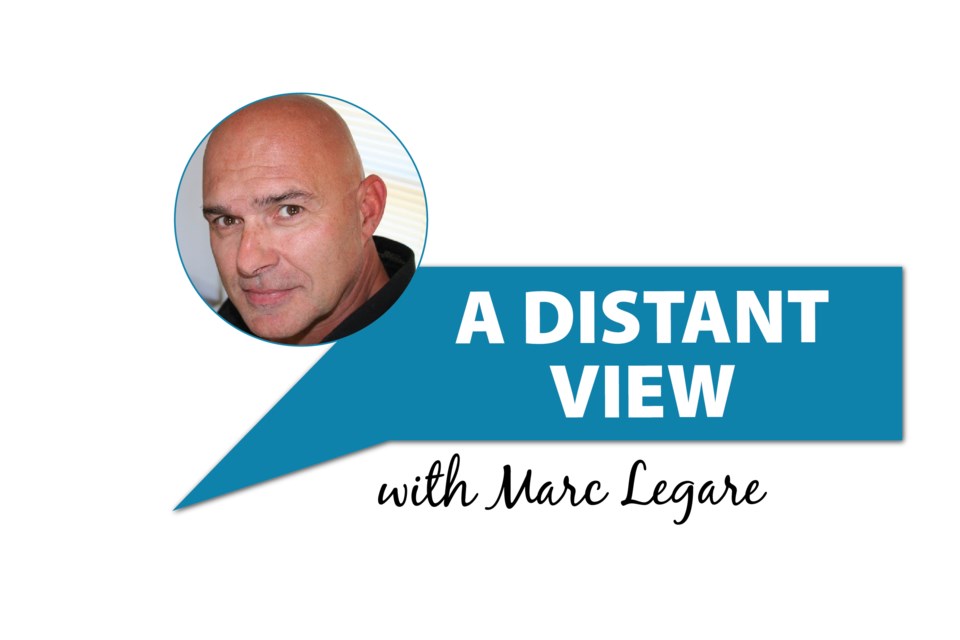Marc Legare is a philosopher and motorcycle adventurist.
He has travelled extensively, worked and lived in Australia, US, and across Canada.
He has a varied working career including: Firefighter, Lawyer, Navy, Motorcycle Importer, plus others.
He chose to return to southern Saskatchewan because of his family's deep roots here.
As a columnist, Legare's columns will offer food for thought.
Our recent knowledge growth of how this world works from the simplest organisms to our immense universe is amazing. However, our new-found awareness has not been won without producing some significant side effects.
Sometimes, when staring into a bonfire, or looking up at the moon on a quiet night one cannot help but get a faint glimmer of something we have lost. Why does our efficient life, replete with understanding of most everything around us, fill us with a sense of disconnection? Our modern understandings have separated us from our forefathers and that reality is palpable.
As a result of having seemingly limitless information, we do not, and can nevermore, think in the same way as our ancestors. We live on different planets and knowledge was the spaceship that took us to the new world. We have created an unnavigable gulf between us and past humanity.
This rift we are experiencing is significantly due to our loss of wonder. People of old had a much more mythical and miraculous view of themselves and the world around them. They had far less knowledge, and therefore, had more wonderment in their mind and spirit.
Sometimes knowledge is disheartening and speculating on unknowns is a more filling-of-the-soul way to envision our existence. It is rejuvenating to imagine being a human of times-gone-by.
Pretend for a moment not knowing what the stars are, or why the moon waxes and wanes, or why the oceans have tides, or why seasons come and go. There is an odd pleasure in that.
Imagine the moon is the home to a wise old sage or the stars are little holes in the roof of the earth. That sounds childish, but dreaming such things gives our modern exhausted minds and souls a well-deserved respite from our overburdened lives of absolute factual evidence of everything.
Something we can do in the real world to experience the joy of the unknown is to take a road trip without a GPS, or without knowing the exact road to take, or not have a destination. An adventure drive such as that can serve us a tasty dish at the buffet table of not knowing.
Having a solid scientific knowledge of our world has helped humankind to make incredible advancements. However, at times it is stark, cold, and lacks the luster that being unsure provides. It is analogous to being young or old. When we are young, our unknown future awaits and the excitement of what is "out there for us" fills the heart. When we approach the end of life, we have seen most of our individual movie and a story once told removes curiosity.
It is pleasing to watch a child, full of inquisitiveness, learning something new or seeing something for the first time. The glee on their face when they make a discovery is a joy to experience. It would be wonderful to look at the world like a child again, but we cannot. We have lost their natural wonder. That is normal for every individual as we age, but the loss of astonishment due to our extensive modern data is an altogether different tragedy.
There is a disenchantment looming over this knowledgeable world of ours. We are less spiritually vibrant from knowing so much, about so much. Getting off this fast moving train is not an option. Once we know something, we can never go back. That is the price we pay.
At times we would be better off if we knew a little less and had the privilege of wondering a little more; if only to recharge the batteries of our fact filled brains. In the words of Sophocles, "Not knowing anything is the sweetest life".
The views and opinions expressed in this article are those of the author, and do not necessarily reflect the position of this publication.




